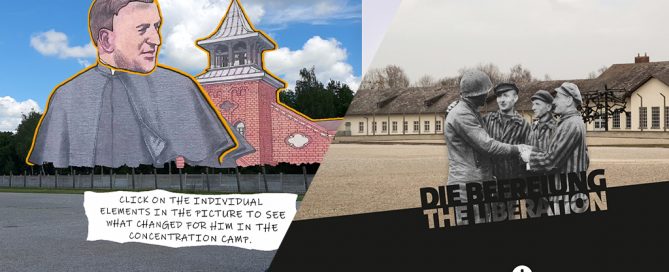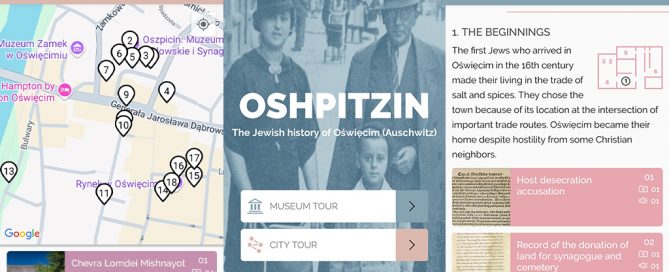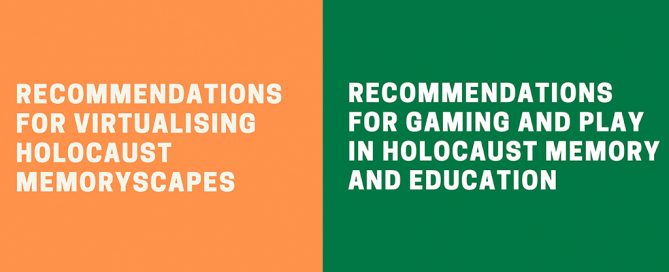Spotlight: Dachau Memorial
By Prof. Victoria Grace Richardson-Walden The Director of the Landecker Digital Memory Lab reflects on how digitally-mediated experiences of Dachau Memorial rearrange the site’s meaning and affect for her. On arrival at KZ-Gedenkstätte Dachau, most visitors close the gate which reads ‘Arbeit Macht Frei’ so they can take a photograph of the infamous slogan. There is no suggestion from the site’s curators or educators that this is a proposed activity at the site – indeed there is no invitation to ‘touch’ historical things (although the gate in-situ is a replica), yet most visitors feel compelled to do this – perhaps due to the iconicity of these three words. This now ritualistic behaviour is illustrative of the fact that however well ‘curated’ or ‘managed’ memorial sites seem to be, their role as memorial spaces and the meaning and relations relating to the past constructed there rely on the performativity of the multitude of different agents who come to occupy the place – however transiently. As I walked through the gate the first time during a 5-day research trip to the site, my eyes and thus my whole-bodily attention were draw to two things immediately: the guard tower across the roll call [...]


